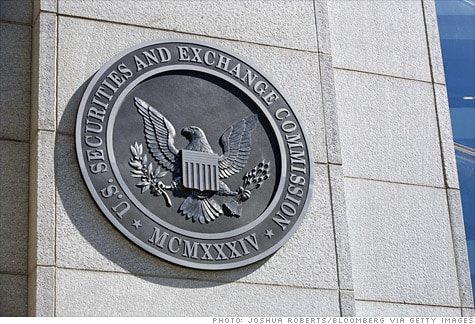Two SEC whistleblowers have been awarded a total of $50 million for exposing conflict-of-interest problems with investment advisors at JPMorgan Chase Bank
 The Securities and Exchange Commission announced the awards but did not offer any details of the case. However, lawyers for one whistleblower revealed it involved a 2015 $267 million settlement with the bank.
The Securities and Exchange Commission announced the awards but did not offer any details of the case. However, lawyers for one whistleblower revealed it involved a 2015 $267 million settlement with the bank.
JPMorgan Chase Bank advisors invested clients’ money in JPMorgan hedge funds and mutual funds without properly disclosing the conflicts of interest, According to the 2015 settlement, some of the funds produced less revenue than other investments.
In an announcement of the award, Jane Norberg, head of SEC’s whistleblower program, wrote that insiders can “be the source of ‘smoking gun’ evidence and indispensable assistance that strengthens the agency’s ability to protect investors and the capital markets.”
One whistleblower won $13 million and the other received $37 million. The SEC announcement noted that the latter award was the third-highest award to date after the $50 million March 2018 award and a September 2018 $39 million award.
The announcement recounts the agency’s seven-year record with the program –$376 million in awards to 61 whistleblowers since 2012. It notes that payments to whistleblowers come from fines, and lays out several other key elements of the program.
No money has been taken or withheld from harmed investors to pay whistleblower awards. Whistleblowers may be eligible for an award when they voluntarily provide the SEC with original, timely, and credible information that leads to a successful enforcement action.
The SEC also vowed to protect the confidentiality of whistleblowers.
Stephen Kohn, chairman of the National Whistleblower Center, was quoted in the Wall Street Journal as noting that confidentiality assurances have encouraged more whistleblowers to come forward,
The increase in tips also has put the onus on whistleblowers and their attorneys to present better evidence of their claims at the outset, according to Mr. Kohn, who is also a whistleblower attorney at Kohn, Kohn & Colapinto LLP. That is because the SEC, given its limited resources, only investigates the most robust cases, he said.




